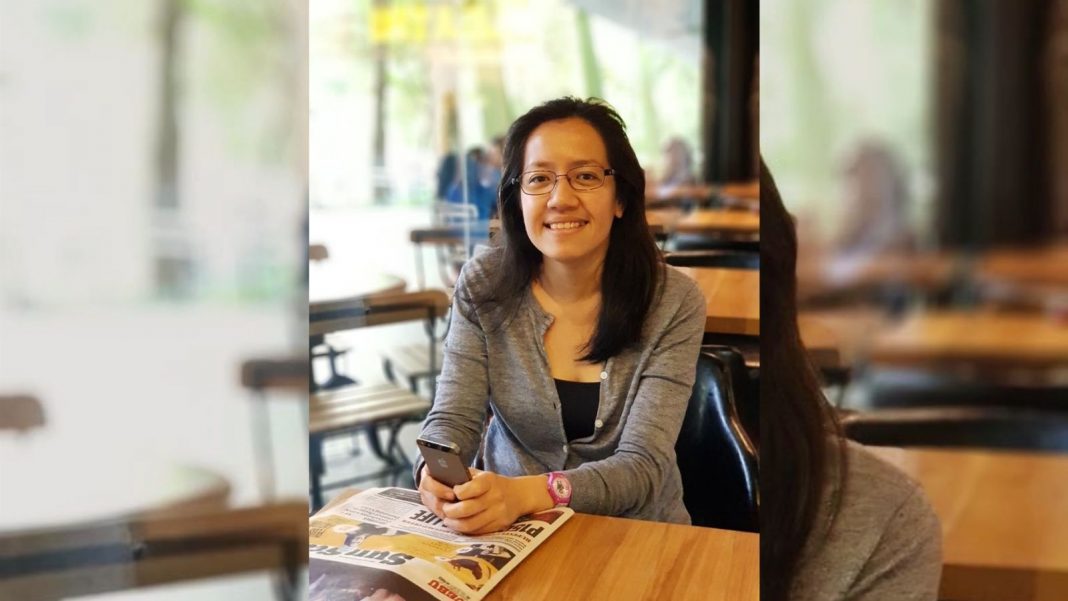A UST PUBLISHING House author stressed the need for more postcolonial and historical critiques to elevate Philippine literature in the global scene during the virtual launch of the Manila International Book Fair (MIBF) on Nov. 24.
Marie Rose Arong, a UP Cebu communication and literature professor, lamented how global studies “don’t know how to treat” Philippine literature.
“This is how I see Philippine literature when it comes to its place in postcolonial studies: there’s a willful neglect of understanding Filipino culture as far as compared to global studies,” she said.
Arong discusses the argument in her book, “A Veritable Terra Incognita: Situating the Philippines in Postcolonial Literature.”
She said that while the fiction of National Artists for Literature Nestor Vicente Madali “NVM” Gonzalez and Nick Joaquin, like “The Bamboo Dancers” and “The Woman Who Had Two Navels,” respectively, were considered canonical, there was “little research” done to study their structure and form in the context of postcolonial studies.
Arong also pointed out how literary criticism in Philippine literature could help “deconstruct power structures” and “reconstruct our very Western knowledge.”
“What came out from the analysis was a refusal to recognize context, a refusal to recognize history. There should be recognition of the possibilities of studying structure and form as a combination [and] as a complement to contextual theories such as postcolonialism and feminism,” Arong said.
“Unlike the fast-paced mode of living we have now, literary criticism requires you to slow down. As a practice, lit criticism requires you to look through the gaps, to listen to silences and defects. It is through this slow engagement… you do literary criticism,” she added.
Filipino American writer and academic Epifanio San Juan, Jr. also emphasized the need to study Philippine history to develop one’s sense of freedom and identity as he presented his book, “Faustino Aguilar Jr.: Kapangyarihan, Kamalayan, Kasaysayan.”
“Sa panahong ito, nais nating paunlarin ang ating kultura, ang ating kabihasnan, sapagkat nais nating matamo ang tunay na kasarinlan at kalayaan ng ating bayan,” he said.
(At this time, we would like to enrich our culture and our civilization, because we wish to attain authentic independence and freedom of our country.)
“Itong adhikain na ito ay nakasalalay sa ating sariling kamalayan at kabatiran ng ating kasaysayan, sapagkat kung hindi natin alam ang nakaraang kasaysayan, mahirap nating matatamo o makararating sa ating paroroonan,” San Juan added.
(This advocacy relies on the individual awareness and knowledge of our history because if we are not familiar with our history, it would be difficult to achieve our goals.)
MIBF 2020 will run from Nov. 24 to Nov. 30.














